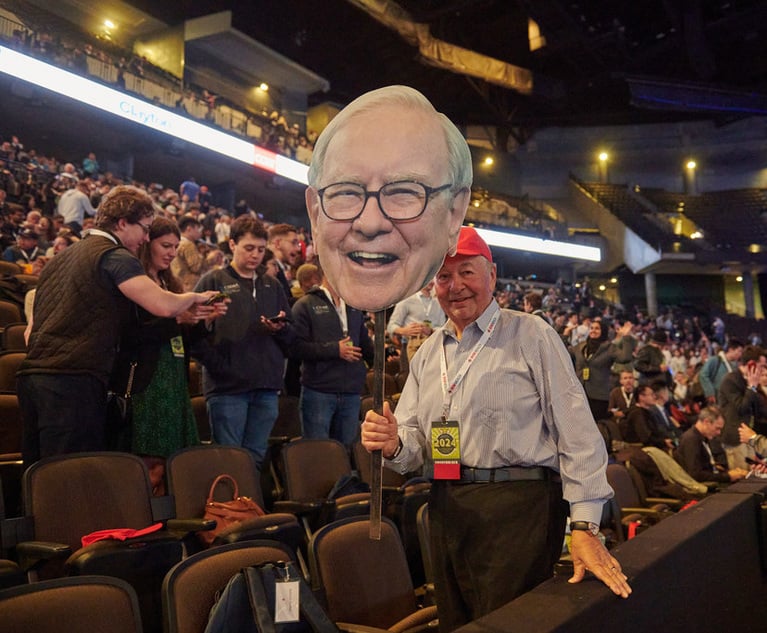San Francisco 49ers quarterback Colin Kaepernick definitely hasa right as a citizen to kneel during the national anthem.
|The First Amendment of the United States Constitution andnumerous Supreme Court decisions have made that much clear.
|What is less clear, however, is the extent to which U.S. lawprotects the controversial quarterback — or anybody else who takesa political stand at work — from being disciplined by hisemployer.
|Most private sector workers not protected
According to Workplace Fairness, a national nonprofit thatadvocates for employee rights, most workers in the private sectorare not protected from retaliation for expressing their politicalbeliefs on the job. Most employees in the U.S., after all, are“at-will,” meaning they can be fired for just about any reason orfor no reason at all. Only certain protected categories — such asrace, ethnicity, gender, disability or religion — are protected byfederal law.
Public employees typically have far greater protections when itcomes to political expression at work. The Supreme Court has ruled — most recently with adecision involving a New Jersey police officer who was demoted forbuying a yard sign for a mayoral candidate opposed by his superiors— that public employers cannot discipline an employee for engagingin political activity unless that activity disrupts the workplacein some way.
|Broad range of interpretation
As is the case with the rights of public sectors to discuss ordisplay their political beliefs, how an employer can draw the linebetween activity that disrupts the workplace will always be subjectto a broad range of interpretation, and no doubt be fiercelydebated in cases in which a manager disciplines an employee forwhat he or she deems disruptive behavior.
But only a handful of states — New York, California, NorthDakota and the District of Columbia — have laws that explicitlyprotect private sector employees from discrimination on the basisof political affiliation or opinions. Some cities, such as Seattleand Madison, Wisconsin, also have implemented similar laws.
|Continue reading...
||Fewer constraints on private employers
Most private sector employers are free to impose a broad range ofrestrictions on political expression in the workplace. They can baremployees from wearing political buttons or discussing politics onthe job.They can also fire an employee for political beliefs theyvoice off the job.
In 2004, for instance, an Alabama woman, Lynne Gobbell, wasfired for having a John Kerry bumper sticker on her car whileworking for a boss who was a George W. Bush fan. (That story endedhappily for Gobbell, who was rewarded with a job by the Kerrycampaign after it was alerted to her story.)
|It's also legal for most private employers to make hiringdecisions based on political beliefs. Indeed, there are manyprivate organizations that are explicitly political in theirmission and hire only employees who share beliefs that align withtheir mission. Political parties and political advocacy groups, forinstance. The National Rifle Association is probably not inclinedto hire those who show up for job interviews with Hillary Clintonbumper stickers, for instance.
|Union activity exception
A major exception, of course, relates to union organizing. For morethan 80 years the federal government has barred private sectoremployers from retaliating against employees because of unionactivity, including discussing union organizing with colleagues,attending union meetings or handing out union literature tocoworkers as long as these activities don’t interfere withwork.
Over the decades, the National LaborRelations Board has rendered a number of decisions regardinghow employers may restrict union activity during work hours.According to Lisa Guerin, a labor attorney, employers areallowed to bar employees from discussing nonwork issues on the job,but they are not allowed to single out union activity as the onlyprohibited topic of discussion.
|Workers who do unionize are often afforded additional politicalspeech protections in the collective bargaining agreement,including an agreement from management to not retaliate againstworkers for engaging in political activities outside of work. Thisis of course relevant to the case of Kaepernick, who like allNational Football League players, is covered by a collectivebargaining agreement between the players union and the league.
|So could Kaepernick get fired for taking a stand on the nationalanthem that his boss doesn’t like? The short answer is: in mostcases, yes.
|But just like the NFL, most employers recognize that firingemployees for expressing political opinions might be legal, butit’s not necessarily good for business.
|Related: 4 steps to creating a saferworkplace
|Save
Want to continue reading?
Become a Free PropertyCasualty360 Digital Reader
Your access to unlimited PropertyCasualty360 content isn’t changing.
Once you are an ALM digital member, you’ll receive:
- All PropertyCasualty360.com news coverage, best practices, and in-depth analysis.
- Educational webcasts, resources from industry leaders, and informative newsletters.
- Other award-winning websites including BenefitsPRO.com and ThinkAdvisor.com.
Already have an account? Sign In
© 2024 ALM Global, LLC, All Rights Reserved. Request academic re-use from www.copyright.com. All other uses, submit a request to [email protected]. For more information visit Asset & Logo Licensing.








